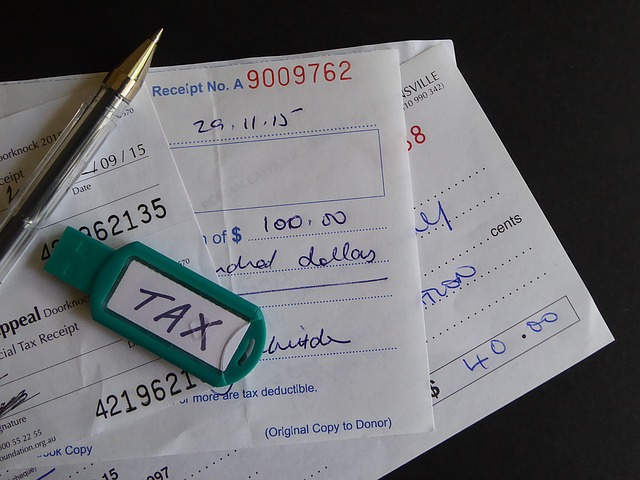Approximately 33 percent of all taxpayers prepare their own taxes each year, thanks to online tax preparation software. What you may not know is that you could be leaving money on the table by not consulting with a tax accountant. Tax laws are highly complex and complicated. The following are just some of the ways that a tax accountant can help.
Minimize Audits
The odds of being audited increase the more you make and a tax accountant will considerably reduce the potential. If you make less than $200,000, the chances of being audited is 0.9 percent. That number increases to 3.7 percent if you make over $200,000 and 12.5 percent if your income exceeds $1 million.
Own a Business
If you own a business, are self-employed, or are in partnership, a tax accountant can determine how much you should pay in quarterly taxes. The benefit is that you won’t be faced with a huge tax bill at the end of the year.
Life Changes
Buying a house, getting married, having a child, getting a divorce, or investing in the stock market are all significant events in anyone’s life. A tax account is able to help you take advantage of the available tax breaks and even help you adjust your withholding to accommodate those changes.
Failure to Pay
If for any reason you failed to pay your taxes in the past or owe a balance, a tax accountant is able to help you file appropriately. He/she will also know about IRS programs designed to help people in these situations.
Other Situations
A tax accountant can help in a wide variety of situations, including if you’re anticipating a large capital gains tax, have investments and income from foreign sources, or if you have rental properties. You can utilize a like-kind-exchange to minimize taxes if you’re thinking of selling real estate. A tax accountant can also help you if you’re planning on making a large gift, putting away money for your kids’ college, or creating a trust.
At Peavy and Associates PC our mission is to assist you with all your tax preparations, payroll and accounting needs. We provide our clients with professional, personalized accounting services and guidance in a wide range of financial and business needs. Give us a call today and discover why our clients return to Peavy and Associates, PC year after year!





